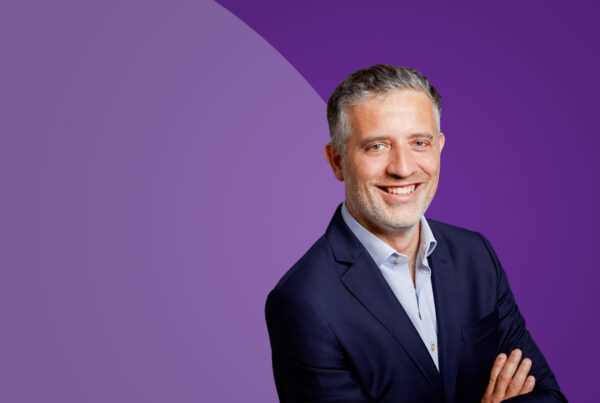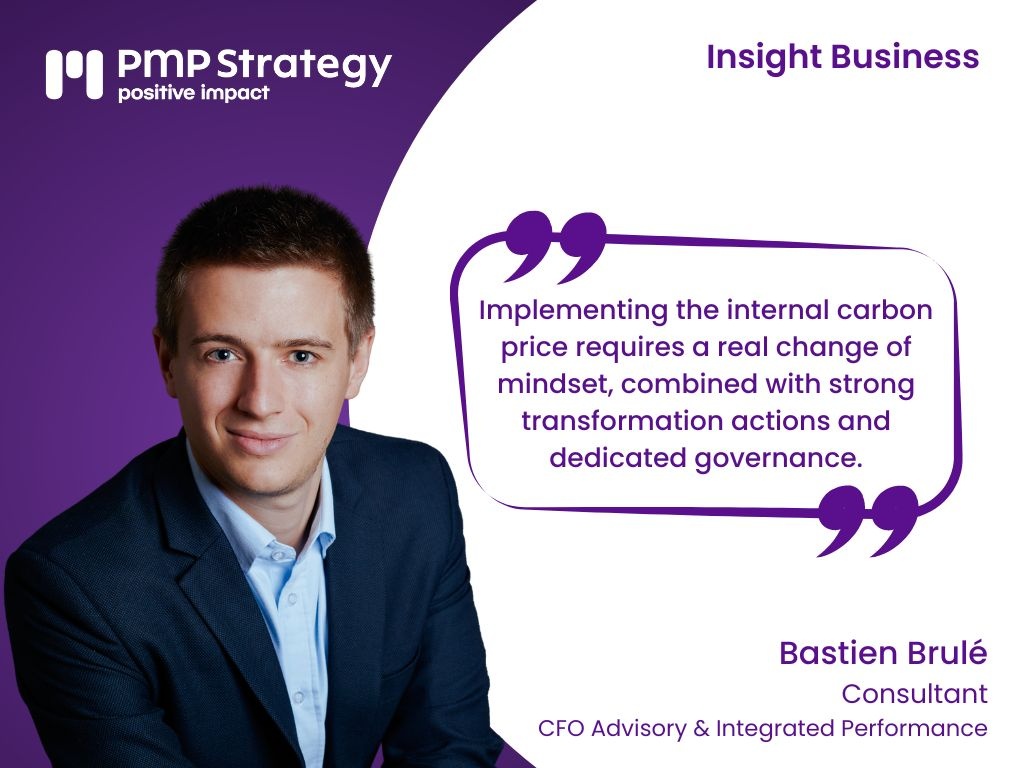Since the end of January, all French citizens have been progressively informed by the Assurance Maladie of the opening of their Mon Espace Santé account (unless they object).
A project born from a double observation
This project, launched in 2019, was born out of two observations:
- The failure of the Shared Medical Record (DMP). Voted in 2004, pro- put for all in 2007, only 9.3 million DMPs open by the end of 2020. Open but inactive because of its “catch-all safe where health documents accumulate in no order” – essentially reimbursements from the compulsory health insurance scheme, since very few doctors provide it with reports and data.
- The perception of a threat of loss of national control over health data, due to :
- The development in France of thousands of software programs for health care institutions and professionals that do not guarantee compliance with security rules or interoperability, due to the lack of a pre-existing national framework.
- Massive investments made in the United States and Europe (especially Great Britain) by the GAFAMs in healthcare: Google has acquired nearly 60 companies dedicated to healthcare, and recently Microsoft acquired Nuance (a specialist in A.I. for 19.7 billion USD), this investment alone being nearly 10 times higher than the budget of the Digital Health Segur. The potential healthcare market for these players is very large.
A very high ambition
Mon Espace Santé is part of a global digital investment plan that includes two other platforms, the Health Data Hub and the Bouquet of services for healthcare professionals.
The ambition is the same as in 2004: to enable the French to take control of their own health. This time, however, the conditions are guaranteed: secure access to all their health data and a very user-centric environment. My Health Space has become a new public service, with an improved version of the DMP for storing and sharing health documents (prescriptions, treatments, test results, medical history, hospitalization reports, vaccinations, health constants) as the “cornerstone” and “enhanced” with three other features:
- A secure health messaging system to receive health documents from health professionals in complete confidentiality: mail and documents, document registration, notifications, etc.
- A “meta” health diary to keep track of medical appointments, reminders and dates of key examinations (check-ups, mammograms, vaccinations, etc.)
- A catalog of ethical and secure digital health services that have been approved by the French government and that can, under certain conditions, use certain data from the DMP and the diary, but also feed them.
Prior to the creation of this digital service, a major effort was made to co-construct a technical framework for the security and interoperability of information systems with professionals.
Although all the players (particularly software publishers, with substantial financial support from the State) are currently very busy adapting their services to the new technical framework, the opportunities for developing new uses are a priori very important for all the players in the health sector.
Indeed, within the technical and ethical framework of My Health Space, with the consent of users, new services will be able to access in real time structured health data (inaccessible until now) and/or feed them, which will bring a lot of value through a better contextualization and personalization. It should be noted that only referenced services will be able to access this data, in no case pharmaceutical companies or OCAMs and their member spaces as such.
A surprising launch
But the timetable for the launch of Mon Espace Santé is clearly political, which cannot be conducive to the adoption of the service by the population. Especially since all the effort so far has been devoted to the technical side of things, with little focus on use cases. Not to mention that when the 50 million My Health Space accounts are opened at the end of May, the Diary and Service Catalogue functionalities will not be operational. As for doctors, biologists and radiologists, once their software has been upgraded and they have been trained, they should be able to feed the DMP at the end of 2022 at best, and pharmacists at the beginning of 2023.
It is therefore to be feared that this launch year will be lost, and that the feedback from users will be no different to that from the trial conducted at the end of 2021 in three départements (95% of the population showed a total lack of interest, even though the rate of refusal to open the DMP was almost zero).
This surprising timetable is likely to unnecessarily lengthen the time it takes for all stakeholders to adopt Mon Espace Santé.
Olivier Milcamps, Senior Manager






